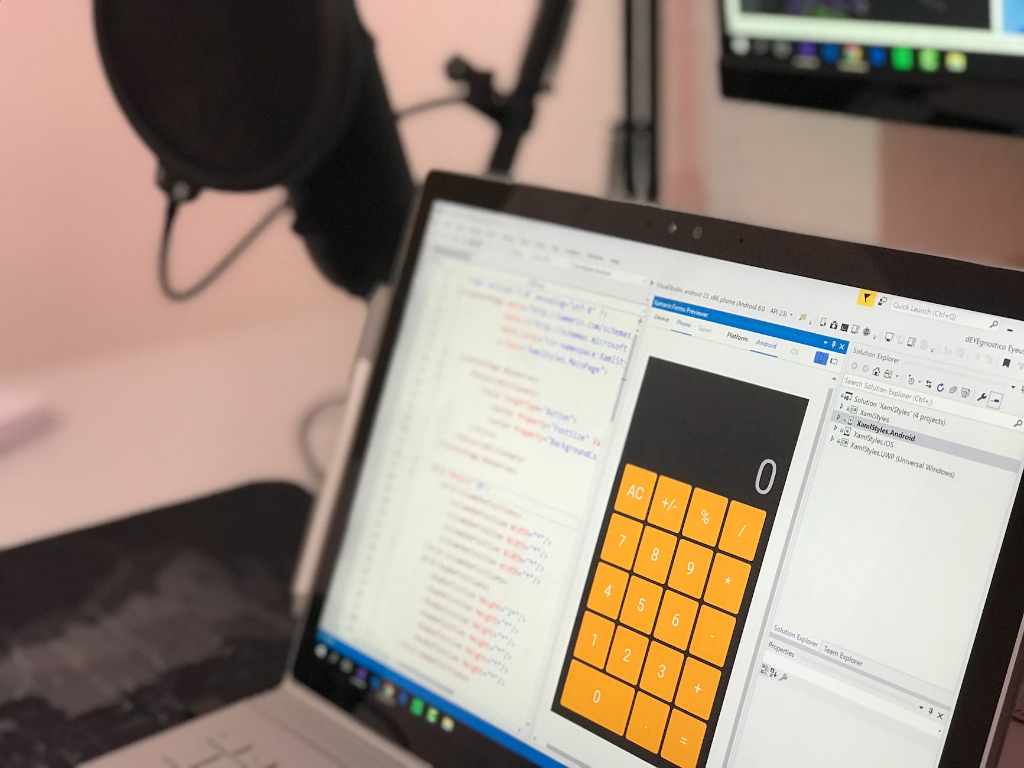We live in an age of information and communication. We are constantly required to share our ideas and knowledge with others, in various forms and formats. One of the most common and popular forms of communication is the presentation. A presentation is a way of delivering information to an audience, using visual aids and verbal explanations.
However, not all presentations are created equal. Some are clear and effective, while others are confusing and boring. Some are engaging and persuasive, while others are dull and forgettable. Some are original and creative, while others are clichéd and repetitive.
What makes the difference between a good and a bad presentation? Is it the content, the delivery, the design, or the format? I believe that all these factors are important, but one of them is often overlooked or neglected: the format.
“Nothing astonishes men so much as common sense and plain dealing.” – Ralph Waldo Emerson
The format of a presentation is the way it is structured and organized, using certain tools and conventions. The most common and widely used format for presentations is the slide. A slide is a single page of information that contains text, images, graphs, charts, or other elements. A presentation usually consists of a series of slides that are shown on a screen or projector.
Slides have been the dominant format for presentations for decades. They have become so ubiquitous and familiar that we rarely question their usefulness or suitability. We assume that they are the best and only way to present information. We follow their rules and templates without thinking. We accept their limitations and drawbacks without complaining.
But I think that we should do away with slides as the default or mandatory format for presentations. I think that we should use a different and better format: markdown.
_ Here are some points that summarize the negatives of powerpoint slides: _
-
Powerpoint slides require specific software or applications to run or display them, which may not be available or compatible on every device or platform.
-
Powerpoint slides may not work properly or at all on old or low-end computers, due to their high memory and processing demands.
-
Powerpoint slides are complex and difficult to create and edit, requiring specialized skills and training. Many people have to take courses or tutorials just to learn how to use the user interface and features of powerpoint.
-
Powerpoint slides often use unnecessary or excessive animations, transitions, sounds, or effects, which can distract the audience from the main message or content of the presentation. These elements can also make the presentation look unprofessional.
-
Powerpoint slides often use inappropriate or inconsistent color schemes, fonts, backgrounds, or layouts, which can make the presentation look unappealing or unreadable. These elements can also affect the contrast, visibility, or accessibility of the presentation.
-
Powerpoint slides are often used as a mandatory or default format for presentations in academic or professional settings, regardless of their suitability or effectiveness for the purpose or audience. Many presentations are then converted to PDF files, which are supposed to be read by the students or viewers. However, these PDF files often contain redundant or irrelevant information, such as repeated slides, speaker notes, references, etc., which do not add any value or information gain for the reader.
-
Powerpoint slides and PDF files are hard to search through for note-taking apps, such as Evernote, OneNote, Notion, etc. These apps allow users to organize and access their notes easily and quickly, using keywords, tags, categories, etc. However, these apps cannot recognize or index the text or content of powerpoint slides or PDF files, making them difficult to find or retrieve.
-
Therefore, powerpoint slides should not be the default or mandatory format for presentations. They should be an optional choice for individuals to decide how to make a presentation that best suits their needs and preferences. There are other formats and tools that can offer more advantages and benefits for presentations, such as markdown.
_ Markdown has many advantages over slides as a format for presentations. Here are some of them: _
-
Markdown is easy to write and read. It does not require any special software or skills to create or edit markdown files. We can use any text editor or word processor to write markdown text. We can also read markdown text easily without any formatting errors or distractions.
-
Markdown is portable and compatible. It does not depend on any specific platform or device to run or display markdown files. We can use any web browser or markdown viewer to show markdown files on any screen or projector. We can also convert markdown files to other formats such as HTML, PDF, DOCX, etc., using various tools and services.
-
Markdown is efficient and flexible. It does not waste any space or time on unnecessary or redundant information. It allows us to present only what is essential and relevant for our audience. It also allows us to customize and adapt our presentation according to our needs and preferences. We can change the order, layout, style, or content of our presentation easily by editing the markdown text.
-
Markdown is interactive and dynamic. It does not limit us to static or linear presentations. It allows us to create interactive and dynamic presentations that respond to user input or feedback. We can use various features such as hyperlinks, buttons, forms, animations, transitions, etc., to make our presentation more engaging and interactive.
Powerpoint slides are not the best or only way to present information. They have many drawbacks and limitations that can affect the quality and effectiveness of the presentation. They are a form of conformity and control that stifles creativity and diversity.
Markdown, on the other hand, is a simple and powerful way to present information. It has many advantages and benefits that can improve the clarity and efficiency of the presentation. It is also flexible and adaptable to different platforms and devices. It is a form of freedom and choice that encourages originality and variety.
 Ronynn
Ronynn 
 Ruby might be better than python for new learners
Ruby might be better than python for new learners